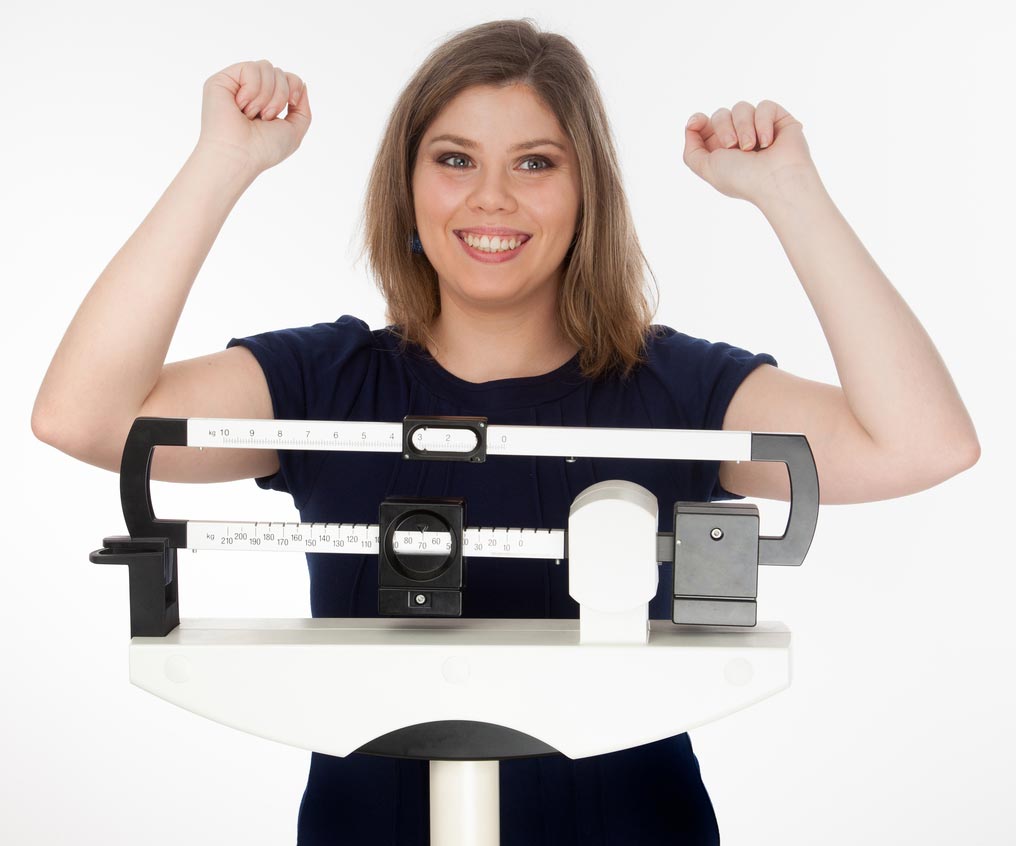
Anyone who's tried to lose weight has probably experienced it: a plateau. It can happen after you've had a lot of weight loss or when you only have a few pounds to lose to begin with. The scale isn't moving downward, and you don't know why.
Let's explore some of the most common reasons people experience weight loss plateaus.
You're Not Eating Enough
If you restrict your calorie intake too much, your body will start conserving fat, feeling that food might be scarce. You have to eat to lose weight, and you need to eat consistently, so your body doesn't start to fear starvation.
You can learn more here: "Keep Eating if You Want to Lose Weight."
You're Eating Too Much Salt or Not Drinking Enough Water
Processed foods often contain quite a bit of sodium. If you're eating a lot of salt, your body holds onto water, and that can keep the scale from moving downward.
Similarly, not drinking enough water and staying consistently dehydrated causes your body to hold onto water, too. Also, thirst is easily confused with hunger, so if you're not drinking enough, you may be eating more to compensate.
Watch your salt intake and drink plenty of water every day.
You're Not Getting Enough Sleep
People who don't get enough sleep or whose sleep quality is poor eat more calories the following day. Avoid caffeine, alcohol, and sugar in the evening. Stop looking at screens at least an hour before bedtime, and keep your bedroom screen-free.
You're Not Eating Enough Protein
If you don't include protein in all your meals and snacks, you may be getting hungry too soon and taking in too many calories. Protein takes more energy for your body to digest, so more calories are burned when you keep protein levels high in your diet.
Don't save all of your protein for dinner; start with some at breakfast and continue to eat protein with every snack and meal throughout the day.
You're Mistaking False Hunger for Real Hunger
Yep, there are some types of hunger that aren't real. They pose as true physical hunger and get you to eat, but your body really didn't need the calories right then.
Some common fake types of hunger include emotional cravings, the desire to eat based on your senses (you've seen or smelled something enticing), and habit eating, which is eating at certain times just because you've developed the habit.
You'll need to learn how to identify true physical hunger, which has definite signs in your body, such as a growling stomach.
You can learn more here: "How to Tell if Your Hunger Is Real."

